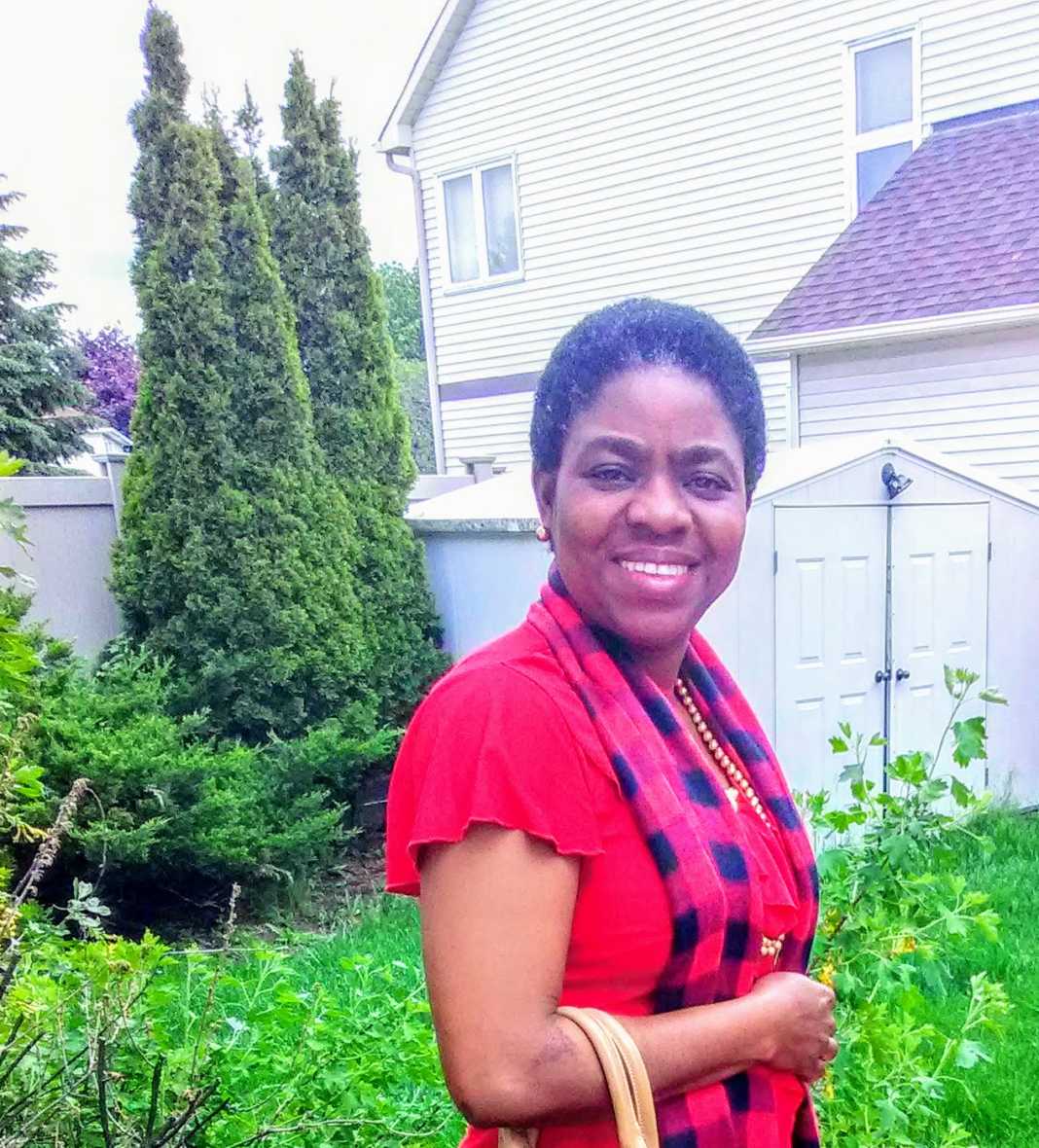Esther Adekunbi is a researcher in Education, specialised in Gender Equality and Women’s Empowerment. She is a Queen Elizabeth Scholars – Advanced Scholar Fellow at the University of Ottawa. With a background in Adult Education, she has a keen interest in human development, especially women/girls’ education and advancement. Having served as a teacher and school administrator for many years in Nigeria, Esther Adekunbi is very familiar with the gender disparity in education. Her personal experience with women living in rural areas of Nigeria exposed her to the marginalization of women and kindled her passion for women’s advancement. Her PhD thesis, being in Women’s Reproductive Health Education further exposed her to the plights of women the world over, and gave her a burning desire to contribute to the emancipation of women/girls through education.
QES-AS Research
Gender equality and women’s empowerment are core global targets meant to give men and women equal rights and voices in decision‐making. They focus on poverty reduction and an improved standard of living for all. However, despite being the fifth of the Sustainable Development Goals, the commitment to empower girls and women, gender equality has remained unattainable. The discrimination against girls and women, especially economic discrimination, remains the most persistent and pervasive form of inequality. In some countries, women are less likely to work, spend almost twice as much time on housework and caregiving than men do, lack independent rights to either own land or conduct business, earn less than men for similar work, and are more likely to be in poverty even when they work. A key to combating this ugly trend is education. When women are educated and trained, they are empowered and will in turn, contribute to family, community and national development. Esther’s study examined how education and training have advanced the economic growth of women in the southwest states of Nigeria. It sought out the types of educational programs available to women, their participation rates, and the extent of economic empowerment achieved as a result of the education and training. It also looked at the factors that could deter their education. Recommendations were made based on the findings of the study.





